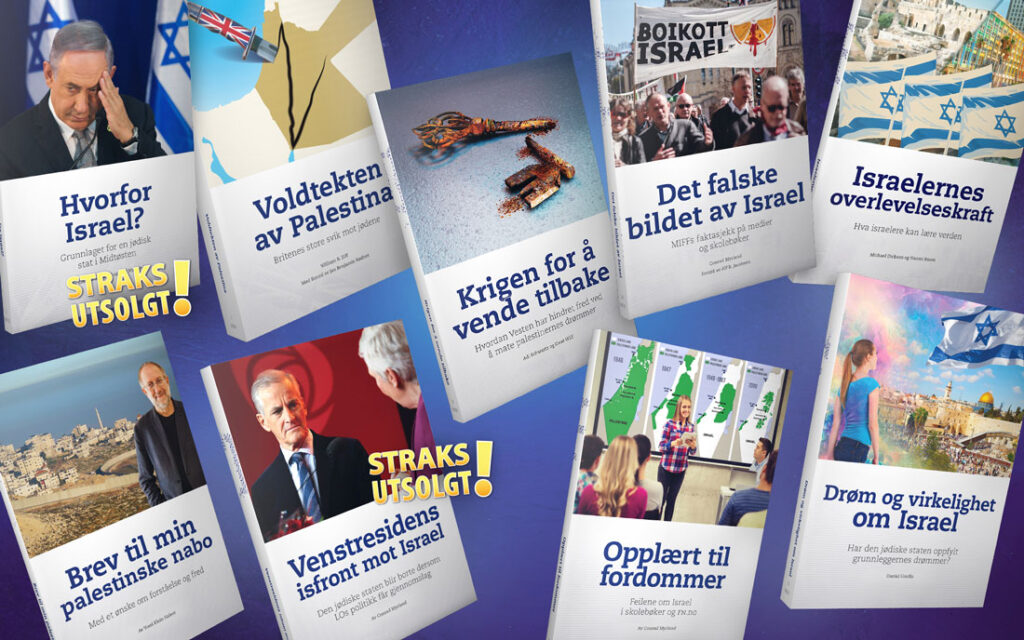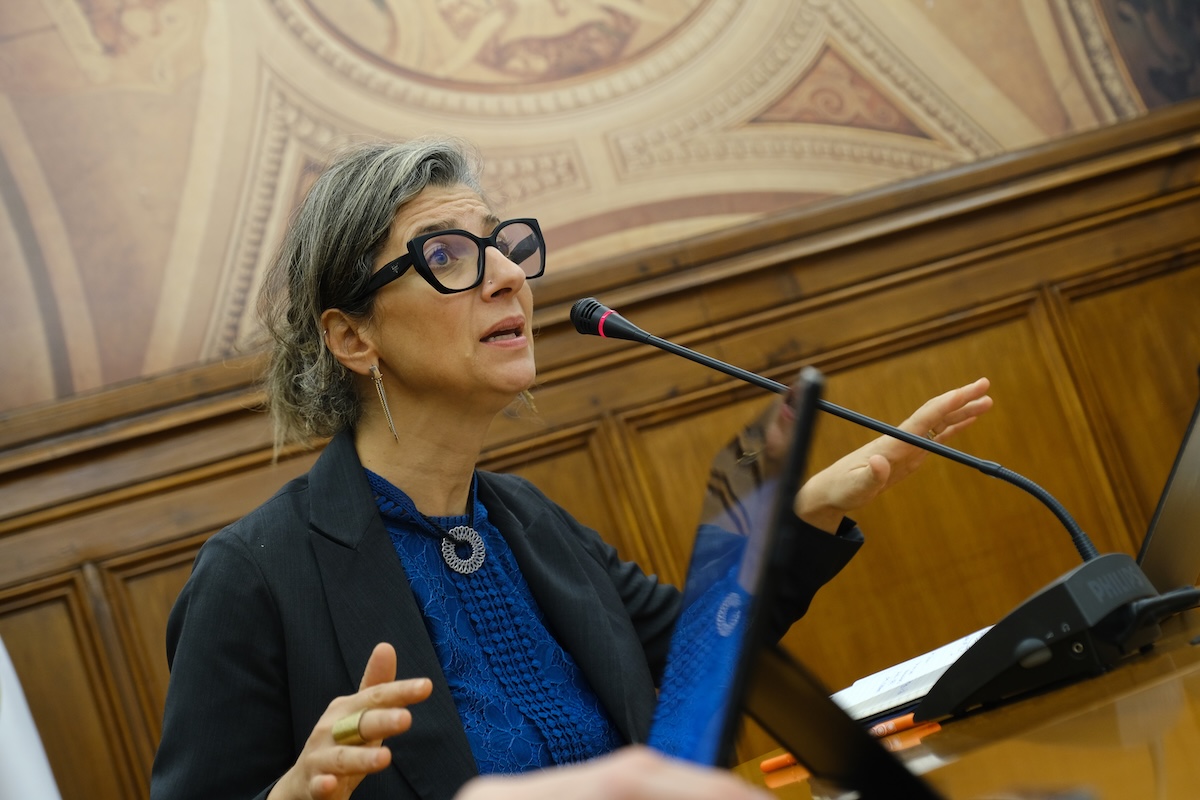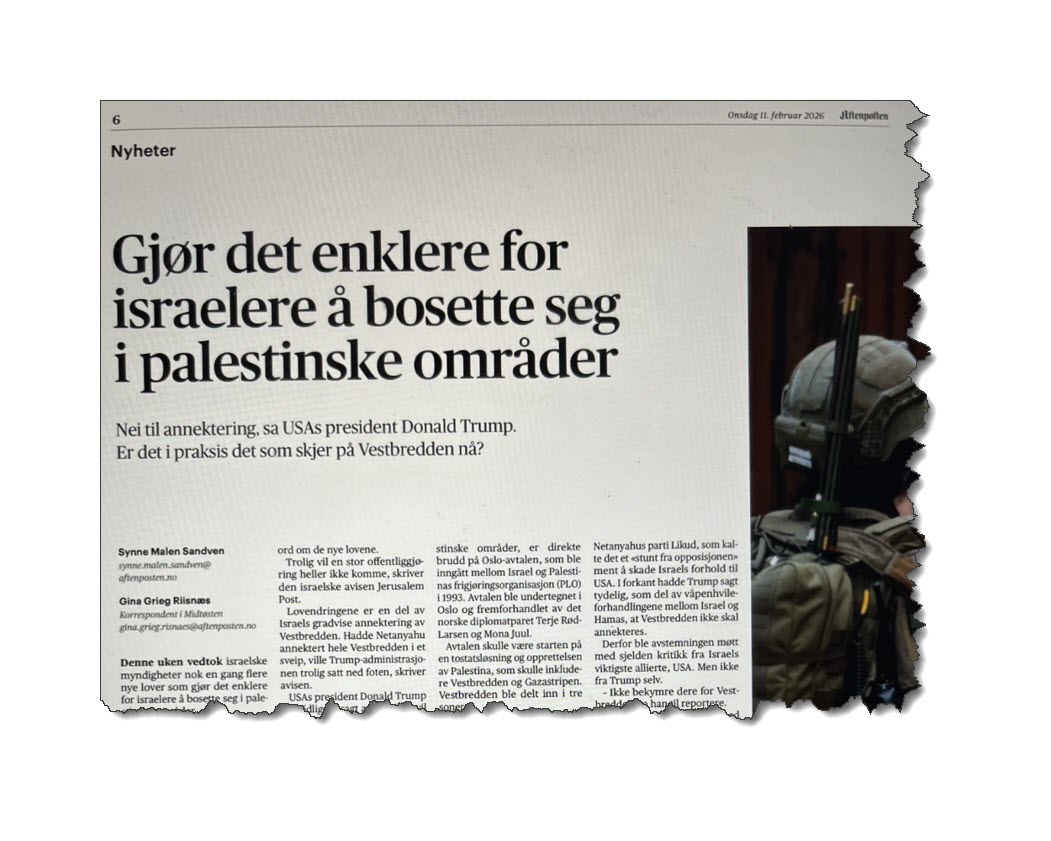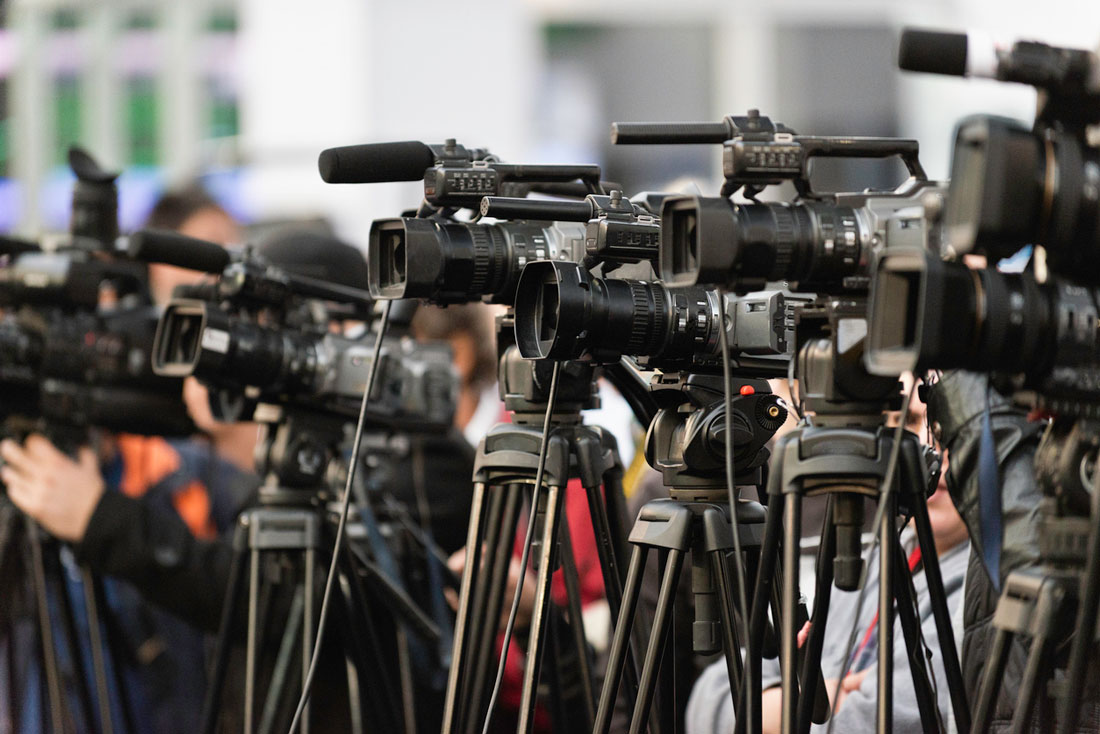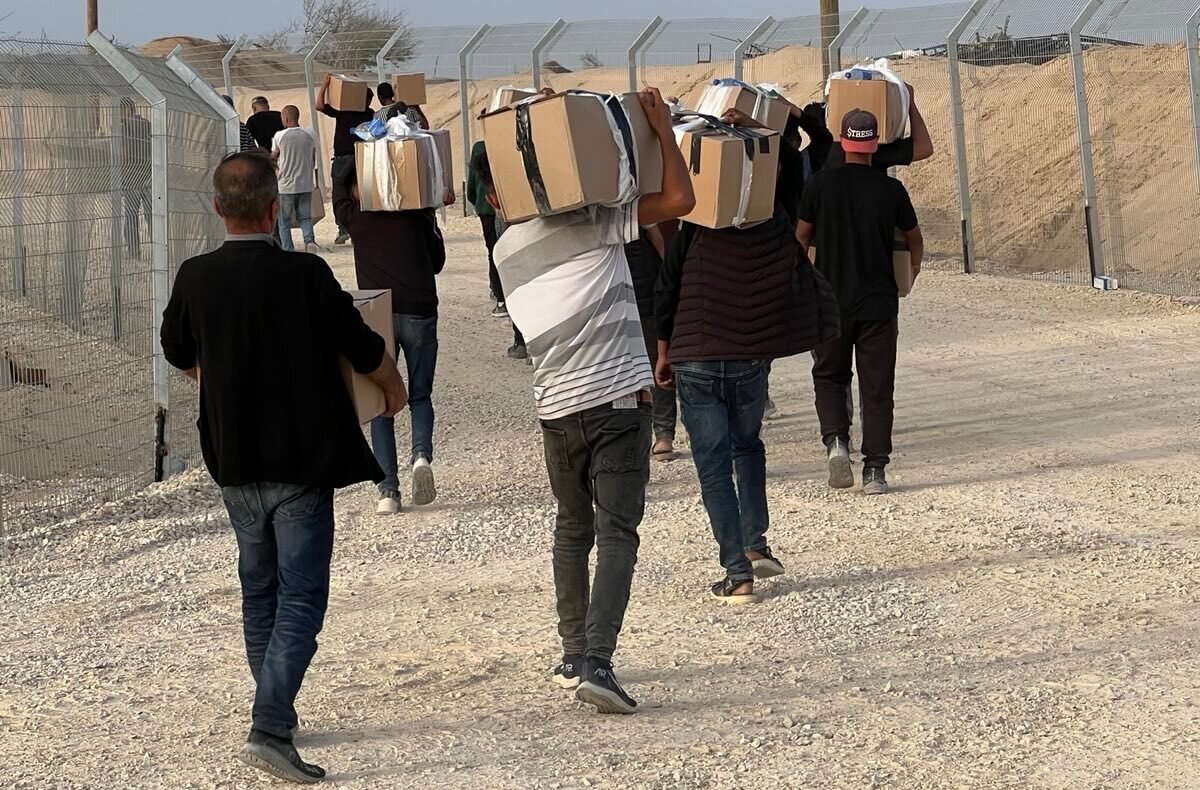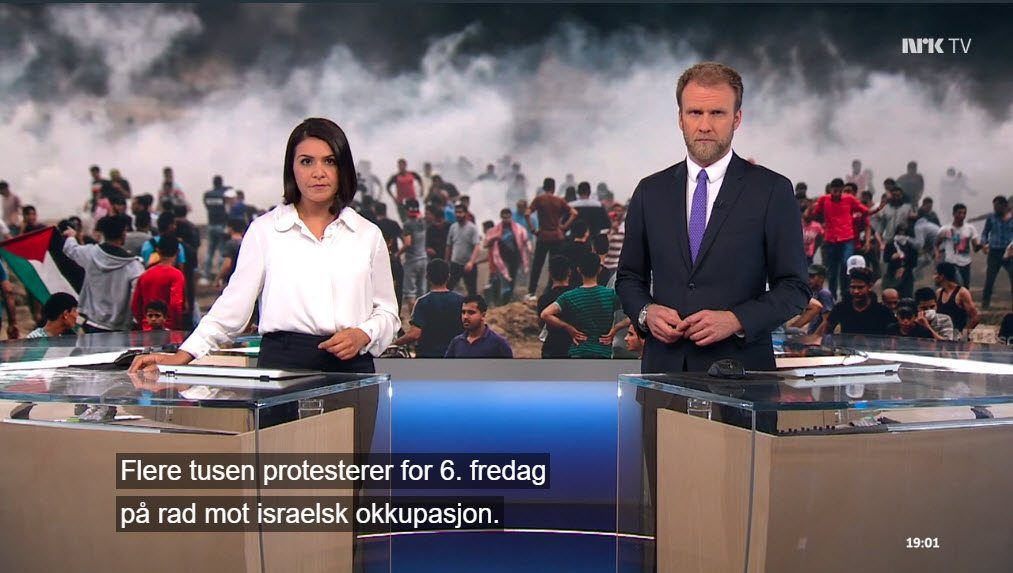Kjerneinnholdet i Sharons plan
Israel forplikter seg til en forhandlingsløsning med to stater for to folk. Israel finner for tiden ingen palestinsk fredspartner. Israelske bosetninger vil forsvinne fra Gaza-stripen, men «det er klart at noen områder i Judea og Samaria vil bli del av Staten Israel». Tilbaketrekning fra Gaza-stripen og fire bosetninger nord i Samaria vil kunne bedre levekårene og økonomien for palestinerne der. Så snart det viser seg palestinsk vilje til å stanse terror, vil Israel kunne gjenoppta forhandlinger etter veikartet. Israel vil beholde kontrollen over sørgrensen på Gaza-stripen, til Egypt. Tilbaketrekningen planlegges avsluttet innen utgangen av 2005.
Statsminister Ariel Sharon presenterte 14. april sin adskillelsesplan for president George W. Bush i Washington.
Her følger hovedpunktene til Sharons adskillelsesplan direkte oversatt til engelsk fra en versjon som har lekket ut til israelsk presse.
1. General Principles
Israel is committed to the peace process and is aiming to reach a negotiated agreement on the basis of two states for two peoples: the State of Israel as a Jewish state and a Palestinian state for the Palestinian people. This is in keeping with President Bush’s vision for a two state solution. Israel believes that it must act to improve the current reality. Israel has come to the realization that at present there is no Palestinian partner with whom to proceed along a unilateral peace process. In this light, a unilateral plan of disengagement has been prepared with the following considerations in mind:
A. The current situation is untenable. In order to move beyond the current situation, it is incumbent on Israel to proceed along a path not reliant on Palestinian cooperation.
B. The disengagement plan will lead to an improved security reality, in the long term at least.
C. In any future final status arrangement, there will be no Israeli settlement activity in the Gaza Strip. On the other hand, it is clear that there will be areas in Judea and Samaria that will be part of the State of Israel, and there will be civilian communities, security zones and other places in which Israel has further interest inside those areas.
D. The withdrawal from the Gaza Strip and from an area in northern Samaria (four settlements and military installations in their vicinity) will diminish the friction with the Palestinian population and has the potential to improve the living conditions of the Palestinians living there and the Palestinian economy.
E. Israel hopes that the Palestinians will succeed in taking advantage of the disengagement process in order to break out of the cycle of violence and reenter a process of dialogue.
F. The disengagement process will negate the force of the arguments regarding Israel’s responsibility for the residents of the Gaza Strip.
G. The disengagement process does not detract from the existing agreements between Israel and the Palestinians. The relevant existing agreements will continue to be in effect. At the time when there is visible evidence of a readiness, ability and implementation on the Palestinian side of fighting terrorism and the implementation of reforms on the basis of the road map peace plan, it will be possible to return to the path of negotiations and dialogue.
2. Main points of the plan
A. The Gaza Strip
1. Israel will withdraw from the Gaza Strip, including all the existing Israeli settlements, and will redeploy in territory outside of the Strip. The withdrawal excludes a military presence in the area along the border area between the Gaza Strip and Egypt called ‘The Philadelphia Corridor’ as will be detailed later.
2. Once the process is complete, there will be no permanent land-based Israeli military or civilian presence in the Gaza Strip.
3. A fact emanating from this move will be the lack of a basis to the claim that the Gaza Strip is occupied territory.
B. Judea and Samaria
1. Israel will withdraw from an area in northern Samaria (Ganim, Kadim, Homesh and Sanur) and all permanent military installations in this area, and will redeploy outside this area.
2. Once the process is complete, there will be no permanent Israeli military or civilian presence in northern Samaria.
3. The process will allow for a continuous Palestinian territory in the area of northern Samaria.
4. Israel will improve the transportation infrastructure in Judea and Samaria with an eye to allow continuous Palestinian transportation in Judea and Samaria.
5. The process will ease Palestinian economic and commercial activity in Judea and Samaria.
C. The Security Fence
Israel will continue building the Security Fence in accordance with the decisions of the government. The route of the Security Fence will take humanitarian concerns into consideration.
3. The security reality following the withdrawal
A. The Gaza Strip
1. Israel will supervise and secure the outer envelope of the geographical land mass, will exclusively control the airspace of the Gaza Strip, and will continue to carry out military operations in the territorial waters of the Gaza Strip.
2. The Gaza Strip will be demilitarized of weapons whose existence are not in accordance with existing agreements between the two sides.
3. Israel retains the basic right to self defense, including preemptive steps and response, with the use of force, against threats emanating from this area.
B. Judea and Samaria
1. With the removal of the settlements in northern Samaria (Ganim, Kadim, Homesh and Sanur) there will be no permanent Israeli military presence in the area.
2. Israel retains the basic right to self defense, including preemptive steps and response, with the use of force, against threats emanating from this area.
3. The existing security activity will continue in the remaining areas of Judea and Samaria. However, if circumstances allow, Israel will consider reducing its activity in Palestinian cities.
4. Israel will work towards reducing the number of checkpoints in Judea and Samaria as a whole.
4. Military installations and infrastructure in the Gaza Strip and northern Samaria
These will be dismantled, except for those that Israel decides to keep for the decision of another body.
6. The nature of security assistance to the Palestinians
Israel agrees, following coordination, to allow security consultations, assistance and training for the Palestinian security forces, for the purposes of fighting terrorism and maintaining public order, to be given by American, British and Egyptian authorities, or other experts, in accordance with agreements reached with Israel. Israel stands firm on the principle that there will be no foreign military presence in the Gaza Strip and/ or Judea and Samaria, without coordination and without Israeli agreement.
6. The border area between the Gaza Strip and Egypt (The Philadelphia Corridor)
In the first phase, Israel will continue to maintain a military presence along the length of the border line between the Gaza Strip and Egypt (The Philadelphia Corridor). This military presence is an essential security presence. In certain areas, it may be necessary to physically enlarge the area in which military operations are conducted. In the future, Israel will consider the possibility of withdrawing from this area.
Any withdrawal from this area will be conditioned, amongst other things, on the security reality and on the level of cooperation granted by Egypt in the creation of a more trustworthy solution. If and when the conditions for a withdrawal of this area arise, Israel will be ready to consider the possibility of the establishment of a seaport and an airport in the Gaza Strip, in accordance with agreements reached with Israel.
7. Israeli settlements
Israel will aim to maintain the assets of Israeli settlements. The transfer of Israeli economic activities for use by Palestinians includes the possibility of expanding Palestinian commercial activity. Israel suggests the establishment of an international body (along the lines of the AHLC) which will be agreed upon between Israel and the United States, that will take possession of the settlements, take calculations and make assessments of their overall commercial value. Israel retains the right to ask compensation to the value of all the economic assets that remain in areas it withdraws from.
8. Infrastructure and civilian arrangements
The infrastructures of water, electricity, waste management and communications serving the Palestinians will remain in place. Israel will work towards leaving in place the similar infrastructures present in the Israeli settlements it withdraws from. As a rule, Israel will allow the continuation of the supply of water, electricity, gas and petrol to the Palestinians, in accordance with existing agreements. The existing agreements, including water and electro-magnetic fields, will remain in effect.
9. The activities of international civilian organizations
Israel sees positively the continued activities of international humanitarian organizations working towards civil development, and who are assisting the Palestinian population. Israel will coordinate with these humanitarian organizations to assist their activities.
10. General arrangements
As a rule, the general arrangements currently in place between Israel and the Palestinians will remain in effect. These arrangements include, amongst others:
A. The entrance of Palestinian laborers into Israel in accordance with existing criteria.
B. The flow of goods between the Gaza Strip, Judea and Samaria, Israel and overseas.
C. Monetary policy.
D. Taxation and customs arrangements.
E. Postal and communications arrangements.
In the long term, and in accordance with Israeli interests of increased Palestinian economic independence, Israel aspires to diminish the number of Palestinian laborers entering Israel. Israel will support the development of commercial sources in the Gaza Strip and in Palestinian areas of Judea and Samaria.
11. The Erez Industrial Zone
The Erez Industrial Zone, which exists inside the Gaza Strip, employs about 4, 000 Palestinian laborers. The continuing activity of this industrial zone is first and foremost a clear and significant Palestinian interest. Israel will consider maintaining the status quo of the industrial zone under two conditions:
A. The existence of suitable security arrangements.
B. A clear recognition by the international community that the continuing operation of the industrial zone under its present conditions will not be viewed as a continuation of Israeli control of the area.
Or, the industrial zone will be handed over to the responsibility of agreed upon Palestinian or international authorities. Israel will consider, together with Egypt, the possible of establishing a joint industrial zone on the border of the Gaza Strip, Egypt and Israel.
12. International crossings
A. The international crossing between the Gaza Strip and Egypt:
1. The existing arrangements at the crossing will remain in place.
2. Israel is interested in moving the crossing to a «tri-border» point, about 2 kilometers from its current location. The process will be carried out with Egyptian coordination. This will allow an increase in the hours of operation at the crossing.
B. The international crossings between Judea and Samaria and Jordan; the existing arrangements in place at the crossings will continue to be in place.
13. The Erez crossing
The Erez crossing will be moved into the territory of Israel at a timetable agreed upon separately.
14. Timetable
The process of withdrawal is planned to end at the end of 2005. Stages of withdrawal and the detailed timetable will be brought to auspices of the United States.
15. Conclusion
Israel expects wide international support for the disengagement process. This support is crucial in order to bring the Palestinians to implement their responsibilities in the areas of fighting terrorism and carrying out reforms according to the road map peace plan. Only then can both sides return to the path of negotiations

